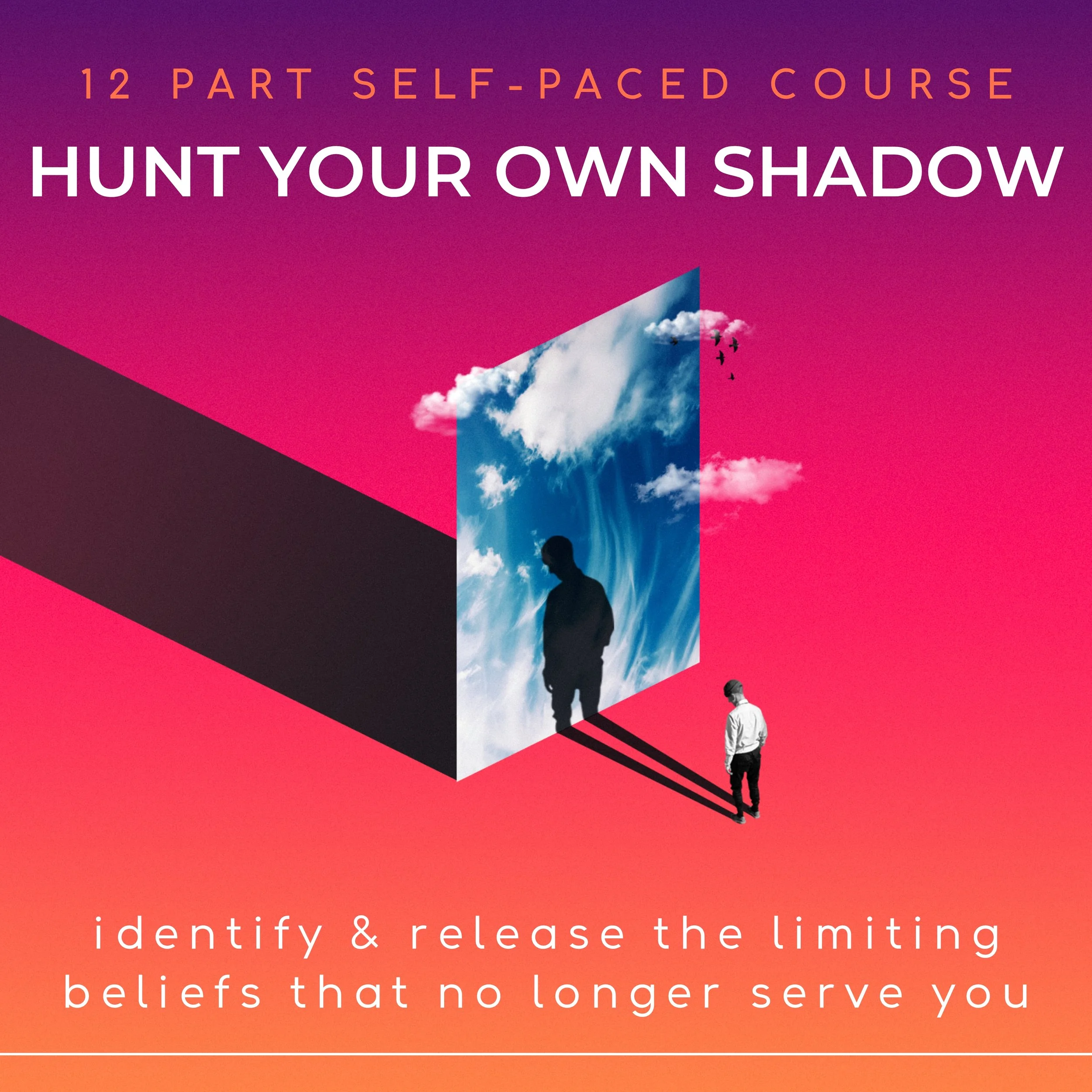Using Mindfulness Meditation To Defeat Anger | Ep 233
Last night I woke enraged. At the world. At my family. At my job. At myself. I was lying in bed in a state of utter tension; with a headache, racing heart, and complete emotional overwhelm.
Then, a moment of detachment. A breath. A reminder of my mindfulness practice and the realisation of two fundamental truths of my current predicament.
1: All of my pain was coming from inside of me. In that moment there was no external forces that was ‘causing’ my pain.
2: I know from experience that thoughts come and go, and that mindful observation facilitates this process.
Holding those two truths in mind, I decided to mindfully observe my mind. This was my process, written as a script you can use for yourself.
Meditation for Anger and Frustration
Take a slow calm breath, in through the nose and out through the mouth.
Observe the contents of your mind without judgement or attachment. Note the size, strength, shape, feel and other features present. The accompanying moods, memories, feelings and other mental phenomena that is arising.
Label what arise and detach. ‘I am angry’ becomes ‘I am noticing anger’ which becomes ‘anger is present’
Continue to breathe slowly and observe the contents of your consciousness, without judgement and without filter.
Watch the thought as it changes and eventually dissipates and is replaced.
Repeat.
The Benefits Of Daily Meditation
Countless studies have shown the benefits of daily Meditation - improvements with emotional regulation, increases in clarity, calm, and control, relationship improvements, focus and a myriad of other benefits.
For me, the best benefit, is the ability to detach. The addition of a moment of choice. One in which I see myself a tad more objectively and am able in that moment to make a better choice.
This is a real world applicable feature. Last night I used it as a response to bad dreams, but I have also used it in response to heightened emotionality arising from arguments with family, friends and strangers; those moments of interpersonal conflict and agitation that if mismanaged can ruin your day, and potentially your relationship in the process.
Learn How To Practice Mindfulness
At it’s core, practicing mindfulness involves purposefully paying non-judgemental attention to the present moment. This is traditionally done via a focusing of your attention to the breath - when your mind wanders/gets distracted, you gently return it back to the sensations of the breath.
You are not aiming to control or alter anything. Not aiming to have no thoughts. You are just observing what arises.
This is a super simplified summary of the practice, so if you want to dive into how to meditate, check out this post. I also teach people how to practice mindfulness meditation in my book, ‘Mindfulness: A Guidebook To The Present Moment’, on Insight Timer, Skillshare, and Udemy.
I also offer 1 on 1 coaching and mentoring where I can guide you though the process.
If this episode has resonated with you, I would love your support.
Click here to find out more about my 1:1 coaching & counselling sessions.
Your shadow is the gateway to a more authentic you.
This course is your guide to profound inner work. Through powerful insights, guided prompts, and proven techniques, you'll navigate your shadow, heal unresolved wounds, and reintegrate the parts of yourself you’ve long ignored.
What’s Inside:
12 x Guided Meditation & Contemplations
12 x Introspective Prompts
12 x Expansion Challenges
A comprehensive instructional PDF guidebook
Unlimited email coaching for ongoing support and personalized guidance
Explore full course details and watch intro video here!
This isn’t just about healing, it’s about meeting your shadow head-on, embracing every part of yourself, and reclaiming your full power.
Are you ready to face what’s been hidden and step into your truth?

